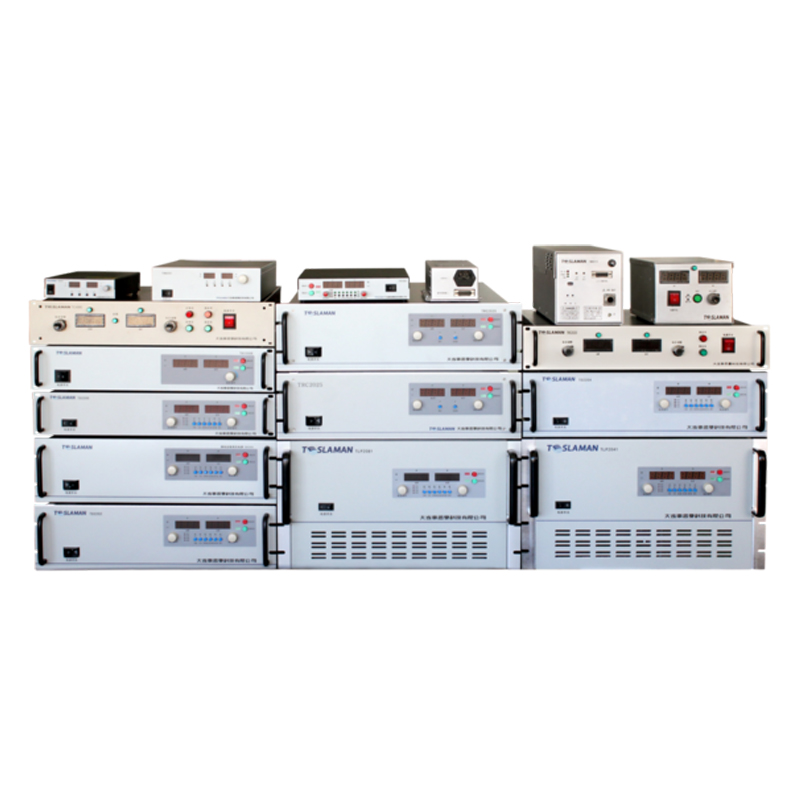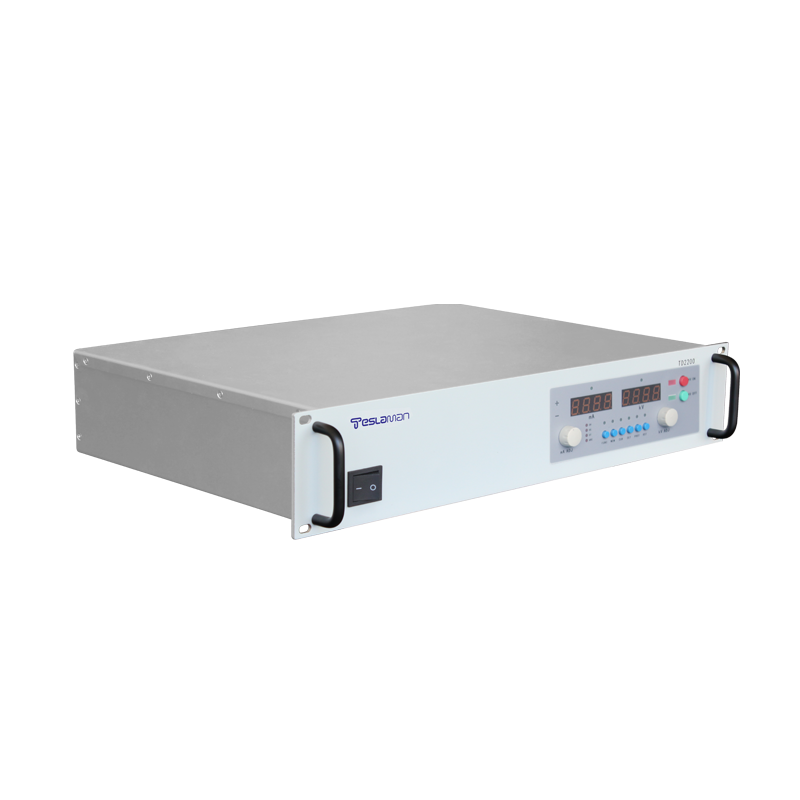High-Voltage Power Supply for Electron Spectroscopy: Multi-Element Peak Separation and Analysis Enhancement
Electron spectroscopy is a precision analytical technique used to study elemental composition and chemical bonding states. When multiple elements are present, overlapping peaks in the energy spectrum can cause significant interpretation errors. The high-voltage power supply determines the accuracy of electron acceleration energy, which directly affects spectral resolution and reproducibility.
A high-precision DC output with minimal ripple is fundamental. Using digital modulation and hybrid regulation (switching and linear), voltage stability better than 10⁻⁵ can be achieved. This prevents energy drift that could broaden or shift spectral peaks. The system employs ultra-low noise filtering and temperature-compensated reference control, maintaining energy accuracy even during long-term scans.
Dynamic scanning control enhances multi-element peak separation. The high-voltage supply operates in synchrony with data acquisition, adjusting acceleration voltage in real time to avoid peak overlap. Closed-loop feedback between detector signal and voltage control enables adaptive scanning, automatically refining the energy step size around overlapping regions.
A waveform-correction-based deconvolution algorithm further compensates for small power-supply-induced waveform distortions. By recording the instantaneous voltage waveform during each scan and applying it to post-processing, the system mathematically reconstructs and separates overlapping spectral features. This synergy between hardware stability and algorithmic correction achieves high-resolution peak discrimination without sacrificing throughput.
Electromagnetic shielding and ground isolation are implemented throughout the design to minimize interference from external sources. Combined with active cooling and precision voltage reference compensation, the high-voltage system ensures consistent spectral performance across varying laboratory environments. This integration of precise power control and analytical correction substantially enhances the resolving capability of multi-element electron spectroscopy.




















